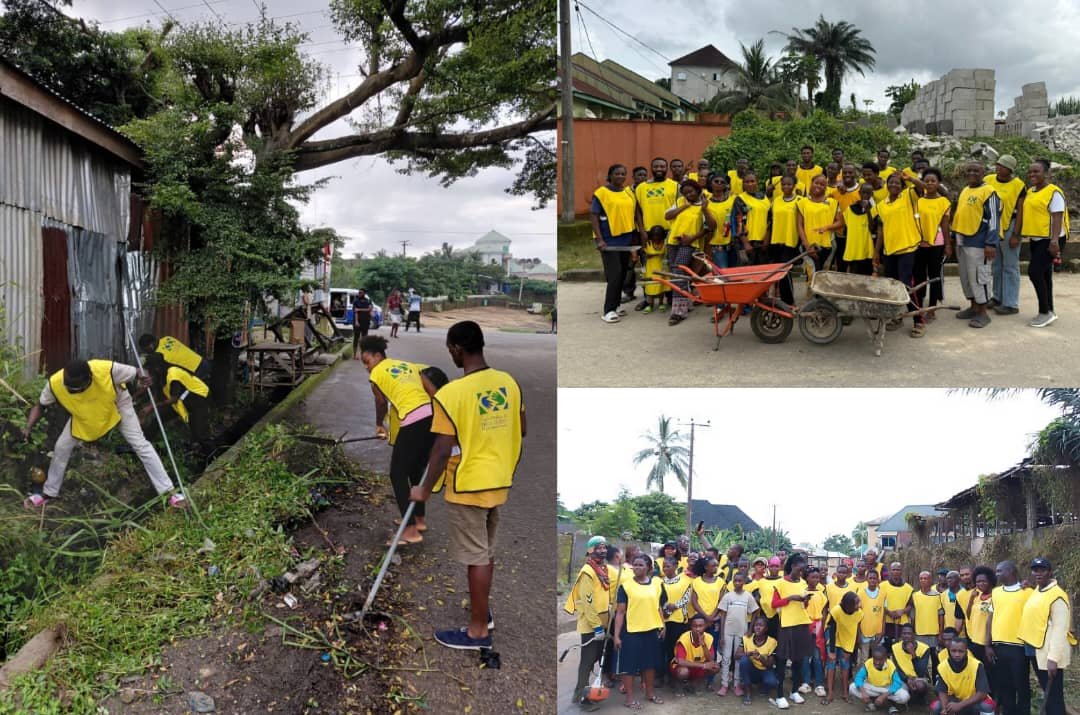A heated exchange between the Nigerian Police and the National Human Rights Commission (NHRC) erupted on Friday during the presentation of a report on the fallout of the #EndBadGovernance protests.
The discussion centered on the legality of prosecuting minors arrested at protest grounds for serious offences, including treason.
The event, held in Abuja and organized by Kimpact Development Initiative, unveiled the report titled Beyond the Protests: An Explanatory Study of the #EndBadGovernance Protest in Nigeria. The protests, which took place in August last year, were fueled by widespread dissatisfaction with economic hardship and governance failures.
The demonstrations, however, took a dramatic turn, leading to the arrest of 76 protesters, including 30 minors. The arrested individuals faced 10 charges, including treason, incitement to destabilize the country, and plans to overthrow the government. Following public outrage over their detention, President Bola Tinubu eventually granted them a pardon.
Speaking at the event, NHRC Executive Secretary Anthony Ojukwu, represented by Benedict Agu, criticized the police’s handling of the minors, labeling it unprofessional.
“Prosecuting children without following due process violates the law,” Agu said. “The law is clear—children under seven cannot be held liable for prosecution. Even for older minors, there are specific legal procedures that must be followed. What was the rationale for charging these children with treason? Some of them even collapsed in the courtroom. Why didn’t the authorities follow the law?”
Agu questioned the justification for labeling children who allegedly raised foreign flags as treasonous. “It’s alarming to think a law enforcement officer would deem such actions treason without considering the nuances of the law and due process,” he added.
However, the Nigerian Police defended their actions, insisting the arrests were justified given the severity of the allegations. Force Public Relations Officer Olumuyiwa Adejobi, represented by his deputy Victor Isuku, clarified the police’s stance on protests.
“We are not against peaceful protests,” Isuku said. “But when protests evolve into acts aimed at bringing down the government, that crosses the line into treason. Let’s be clear—these were teenagers, not children under seven as some narratives suggest. The Child Rights Act outlines the procedure for prosecuting minors, and we acted within the law for the charges we filed.”
The event highlighted the ongoing tension between ensuring public safety and upholding human rights in the aftermath of nationwide protests. While the police insist they acted within legal bounds, the NHRC continues to challenge the treatment of minors, calling for greater accountability and adherence to due process.









